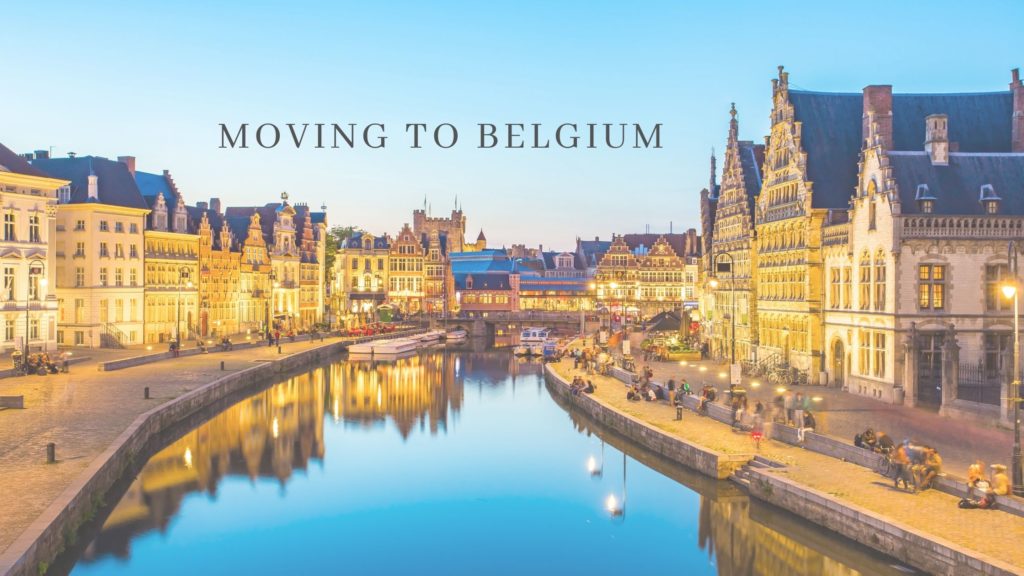Expats Moving to Belgium

The official languages of Belgium are Dutch, German, and French. As a result, the Belgian Constitution is trilingual, a manifestation of political conflict between diverse linguistic and cultural communities. Its capital, which is internationally famous, is home to various international organizations, most notably European Union institutions. There are numerous visa categories for Belgium, which vary depending on the purpose of your visit.
Living
High Population Density
Belgium is a highly urbanized country, with an estimated 97 percent of the population living in towns or cities. The country as a whole has an extremely high population density of over 370 persons per km2.
In some ways, the Belgian government has failed to adequately respond to the challenge posed by such figures, allowing Belgians to bear the environmental consequences. The country was ranked 41st in the 2016 Environmental Performance Index, sandwiched between Cyprus and Costa Rica and considerably below other European countries.
Foreigners, on the other hand, are not subjected to any unfavorable conditions in general. The country’s poor environmental record has no immediate impact on daily life. There are no severe weather patterns in Belgium, which has a moderate climate with warm winters and cool summers. The daily weather forecast includes a lot of rain, humidity, and clouds.
Working
The Service Sector and Trade Monopoly
The economy, like so much else in Belgium, is dual in nature: those working in Belgium’s Flemish areas benefit from a diverse industrial and commercial economic basis, whilst the Walloon economy in the French-speaking region is slightly less vibrant.
In terms of GDP and employment data, the service industry is the dominant economic driver in all sections of the country. Indeed, the service sector accounts for nearly 77 percent of GDP, while industry accounts for only 22 percent and agricultural accounts for only 0.74 percent. As a result, it is logical that the majority of individuals work in the service sector.
To read the complete relocation guide to Belgium, click here – Moving to Belgium






Responses